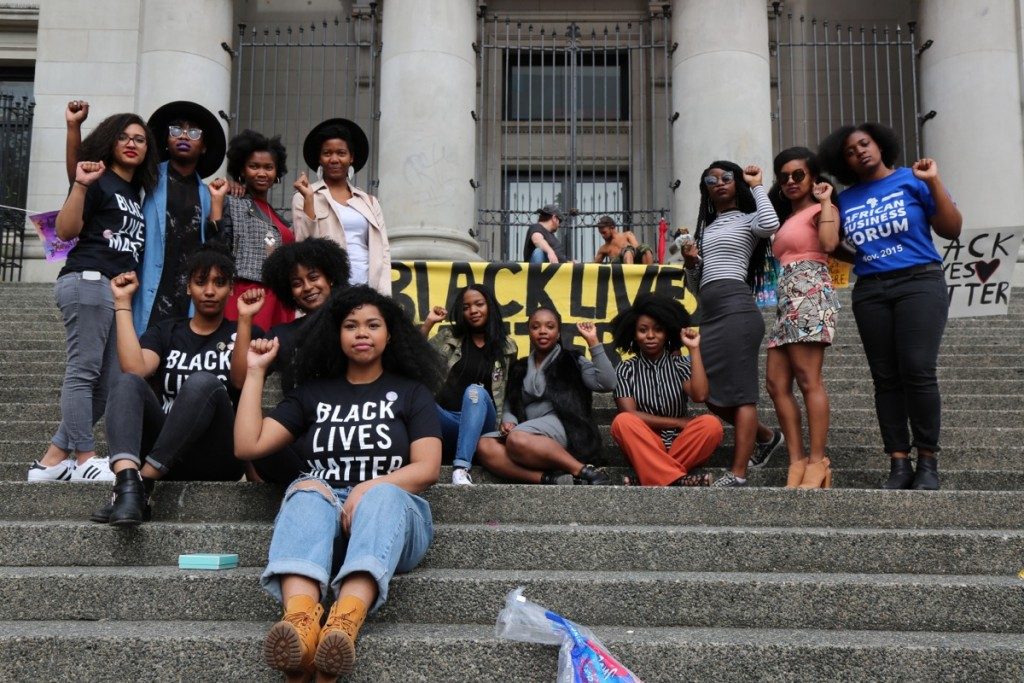
Controversy sparks racist remarks
By Jessica Berget, Staff Writer
The debate about whether police should march in subsequent pride marches came to a head on June 25, when the Black Lives Matter Vancouver movement organized their own alternative pride parade through the streets of downtown Vancouver.
The event was organized to protest against police presence in past marches and also against the corporatization of the pride parade and movement. Many minority groups felt unsafe because of the violence and prejudice trans and people of colour face at the hands of the police. The march was intended to end the accompaniment of uniformed police in marches so marginalized communities can feel safer celebrating their identities.
“As a Black, queer person in Vancouver, I have never felt that there was an event that felt good or safe for me to go to,” said Daniella Barreto, a Black Lives Matter organizer, to CBC.
The Black Lives Matter movement has been fighting for the end of police presence in pride celebrations on the basis that many marginalized communities have had bad experiences with them. The alternative event was organized to give them a space to address and bring light to this issue.
“We want to centre the people who are very traditionally marginalized within our communities, so black trans people, Indigenous trans and two-spirit folks, other people of colour, trans women and so on. And we feel like other mainstream pride organizations don’t necessarily honour those things, because not only are they corporate sponsored, they also include police,” stated Cicely-Belle Blain, Black Lives Matter co-organizer, in a video by Daily Xtra.
The march ended on Davie Street, where they staged a “die-in” at the rainbow crosswalk as a reminder of the violence that affects the communities of trans folk and people of colour.
“We want to bring back to people’s attention that queer and trans people of colour and especially black and indigenous people are the victims of a lot of violence and that happens right here in our city and in our communities,” said Blain.
Organizers also point out that Pride was originally fighting against the brutality of police. Originated from the Stonewall riots in New York City, Pride began as a protest against police raids of gay clubs and bars. Transgender women of colour led the demonstration, most famously Marsha P. Johnson, a black trans woman.
The Vancouver Pride Society and police have agreed to let officers participate in the parade as part of the City of Vancouver, rather than on their own float as they have in the past. Police vehicles and sirens will also be not allowed; however, 20 per cent of police will still be allowed to wear their uniforms. Black Lives Matter supporters and activists say this compromise does not fully meet their needs.
“As queer and trans people of colour, we don’t feel safe in a parade that celebrates a violent institution that consistently contributes to violence against black, Indigenous, and people of colour,” Barreto said to CBC.
Controversy over this issue has resulted in a number of racist comments and violent threats directed at the group’s organizers via their Facebook page.
“We have lots of security today because we don’t know what people’s reactions will be and we feel a little bit unsafe,” Blain said to CBC. “If they see us in the street they will say it to our face as well.”
